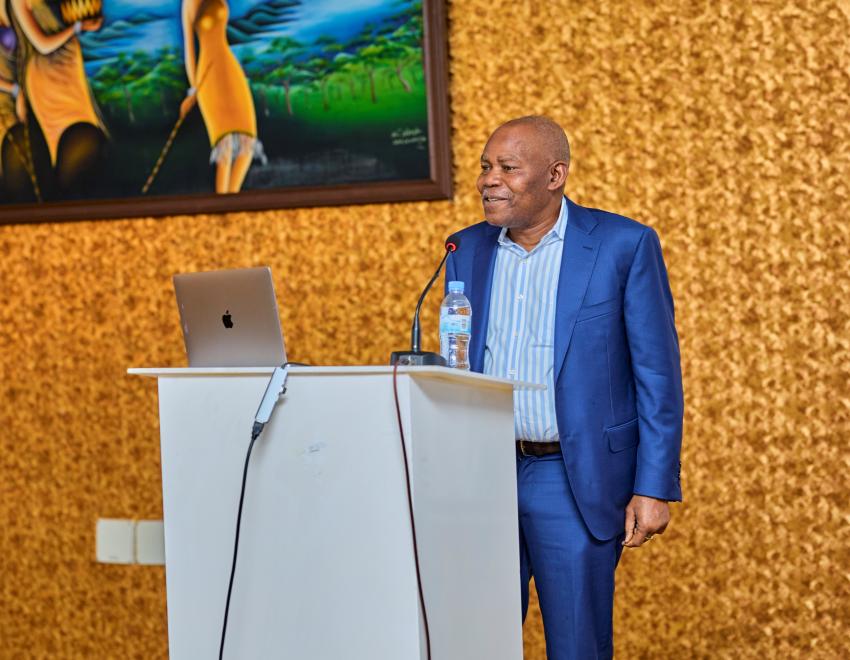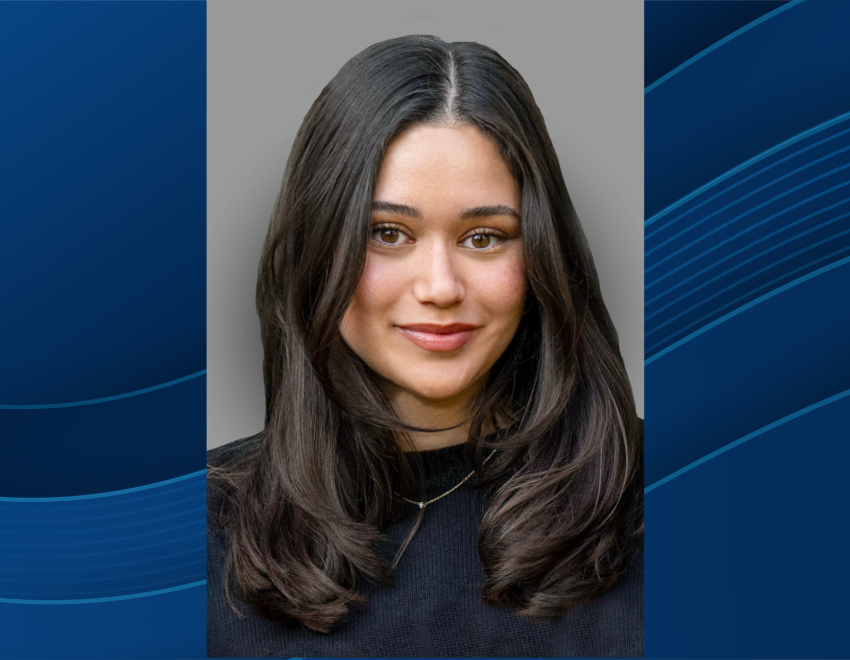Last month, in response to the renewed attention being paid at Princeton University and beyond to questions of racial justice, the Department of Politics established the Ad Hoc Committee on Race and Diversity.
The committee will consider how the department can become a more diverse and inclusive community and improve its teaching and study of race, ethnicity and identity.
“The department has sought for many years to become more diverse and inclusive. These efforts have been reflected in our faculty search procedures and priorities, and in our procedures relating to graduate student admission and recruitment,” said Alan Patten, the Howard Harrison and Gabrielle Snyder Beck Professor of Politics and chair of the Department of Politics. “Overall, it is fair to say that our record in this area has been rather mixed.”
He added: “Because it is lacking diversity, the department is missing voices and perspectives from those who experience inequities in their daily lives.”
Patten hopes that the ad hoc committee will explore how the department might work together to provide the space, respect and interest in these narratives, not only for academic purposes, but also as people who live and work together in close proximity.
The committee will also consider how the department might incorporate race, ethnicity and identity into undergraduate and graduate curricula. This could include expanding course offerings or adding a department track or subfield.
“Our goal is to increase and enhance course offerings to ensure that there’s adequate and integrated treatment of topics linked to diversity across our subfields,” said Amaney Jamal, the Edwards S. Sanford Professor of Politics and director of the Mamdouha S. Bobst Center for Peace and Justice. “Princeton can and should become a premiere place for the study of race, diversity and politics. We will be exploring the best paths forward.”
The committee, which is comprised of several faculty and graduate students, will be chaired by Jamal and formulate recommendations to bring to the whole department for discussion and approval during the 2020-21 academic year.




